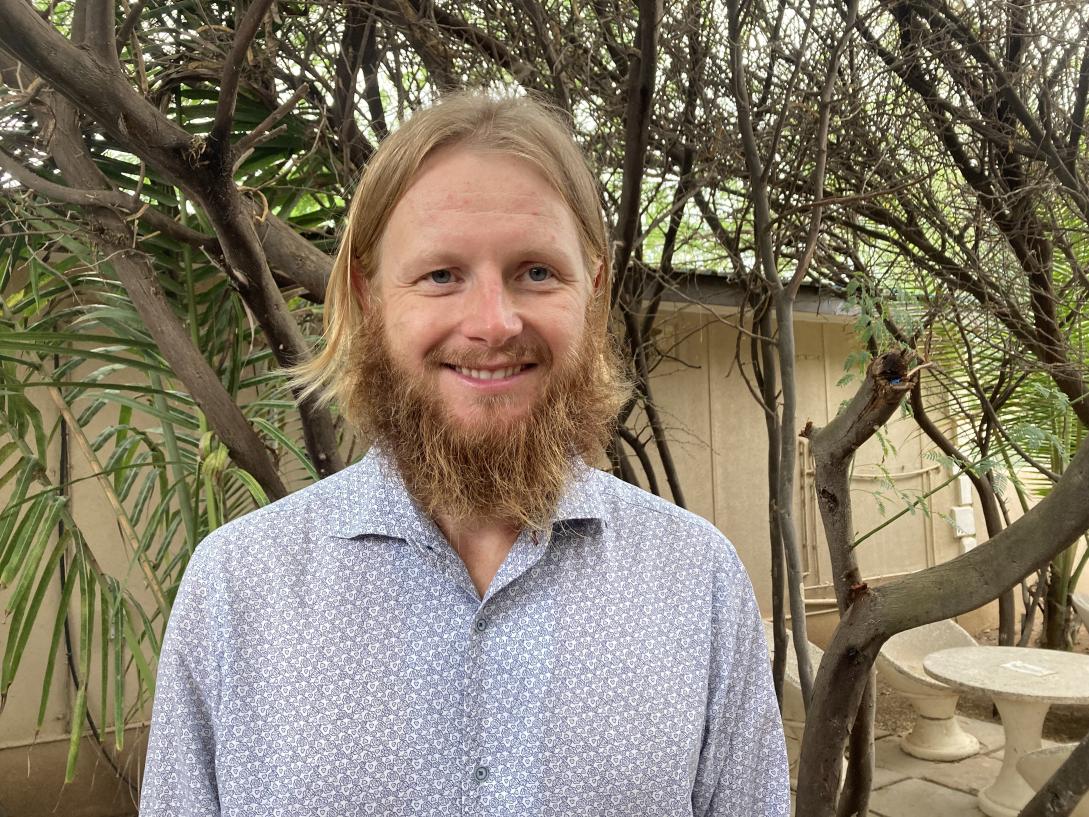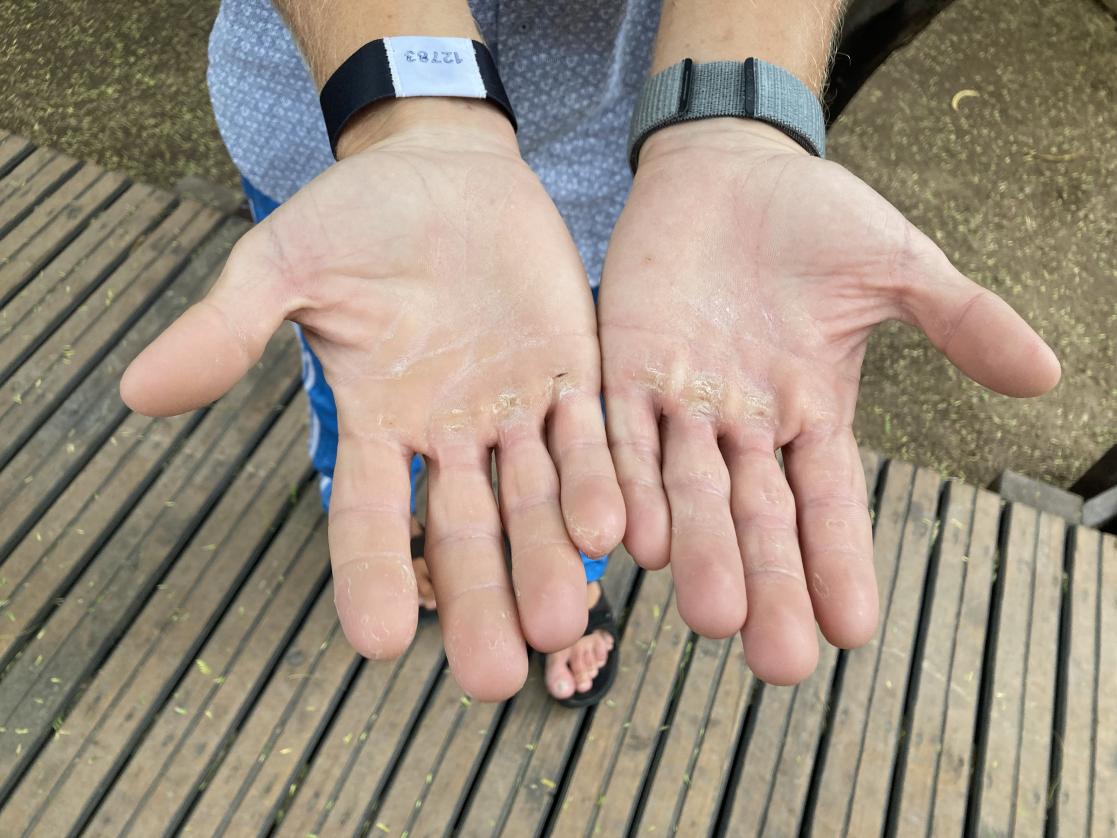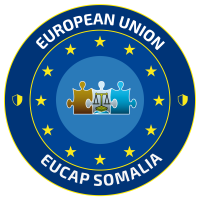The Somali Coast Guard rescue operation of Karils, adventure traveller rowing across the Indian Ocean, off to Somalia coast

Karils, 37 years adventurer from Latvia, wants to demonstrate that is possible to circumnavigate the globe using only human power, bicycling on land or rowing at sea. He started his adventure in May 2016 from Namibia, considered the best place to take off to reach the Atlantic coast due to currents and winds, with the aim of reaching Rio de Janeiro on time for the Olympics games. He eventually made it, late to enjoy games but fair enough to pursuit the adventure bicycling to Lima, in Peru and rowing across the Pacific Ocean to French Polynesia, Tuvalu, Solomon Island, Papua new Guinea, Indonesia, finally landing to Malaysia in June 2020. After a break imposed by COVID-19 restrictions, Kalis resumed the crossing end 2021 reaching Sri Lanka and Maldives. Apart from the usual navigational challenges, he could not have expected that the following part of the journey would see him arrive on the coast of Somalia instead of Tanzania.
“The weather maps used to check the average wind speed, indicated that historically in this region the wind is about 15 -18 knots but unfortunately this year it was around 20 – 25 and even 30 knots. This made a huge difference, because the wind direction from south east and, closer to the continent, from south, was pushing me rapidly towards Somalia” tells Karli over coffee in Mogadishu after being rescued thanks to the joint efforts of the Latvia government, the Italian Embassy in Somalia and Somali authorities.
On 18 June he understood that the East-African current and the wind he faced when approaching the African continent, was strongly pushing him northern Kenya and he would have definitely reached Somalia border, realising that this would have been dangerous, both at land and sea, due to security instability and insurgent activities in the county. On the early morning of 20 June, he activated the Emergency position – indicating radio beacon (EPIRB) signal, alerting surrounding Coast Guard authorities for a Search and Rescue (SAR) operation request.

"Despite the critical situation, it was a hard decision to take to activate the EPIRB SOS because this would have implied to leave the boat in which I have spent in total three years. Is part of my life and I feel it as my home” continues Karlis touched.
While this moment represents the temporary end of Karlis project of globe circumnavigation, it also marks the beginning of a successful SAR operation held by Somali Coast Guard, which officers have been monitored and trained by the European Union Capacity Building Mission in Somalia (EUCAP Somalia) since 2012. The operation also showed the good coordination efforts of the European family in Somalia, led by the EU delegation, as well as the active contribution of the Italian Embassy which maintained communications both with the Latvia government and local authorities. The Italian Embassy also ensured Karlis’s logistic support and hospitality in Mogadishu until his return home.
From the Somali side, the operation was coordinated by Maritime Rescue and Coordination Centre (MRCC), hosted within the Somali Maritime Administration (SMA), and INTERPOL NCB, that received a request of support form Latvian Embassy in Egypt. Both MRCC and INTERPOL are mentored and supported by EUCAP Somalia with the provision of office space and equipment since the end of 2019.
Despite its limited resources, MRCC personnel was able to carry-out Karlis SAR operation also through the well-established network among the Federal Member States and in particular with the Port Manager in Kismayo, the Jubaaland State Police and other relevant actors in the South Region. After receiving the information on the SAR need from MRCC in Mombasa, the Kismayo Police sent two boats to rescue Karlis during the night of 21 June.
After ecliptic’s days focused on the operation, EUCAP Somalia and its partners drowned lessons learnt which will contribute to shape mission support also with regards to the strategic review for the next mandate. Lessons also identified needs and areas of support for the fully operationalisation of the SMA and the MRCC to ensure a durable capability of conducting Search and Rescue activities, coordinating national effort and defining clear responsibilities aligning to international and domestic legal frameworks.
